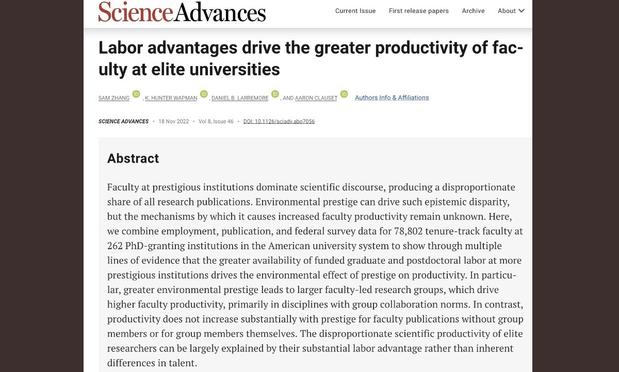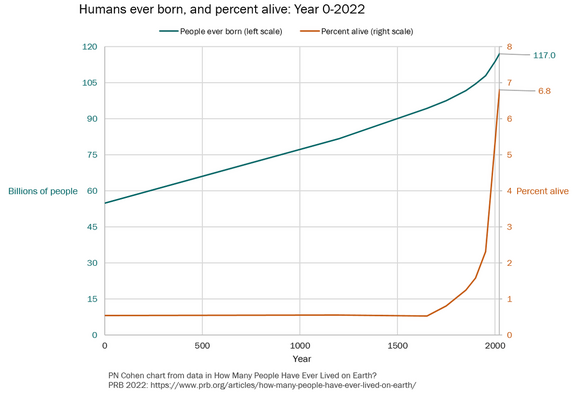Received an invitation to do a double blind review over the holidays and reminder number five, send on New Year's Eve, contains the names of the authors of the paper 🙃
Assistant professor @ Lund Economic Demography / Economic History. Interested in changes in health 1800s-today, health inequalities, differences between families and intergenerational change. I use linked historical and modern register data, and study mortality, morbidity and health indicators such as stature. Find out more on www.ingridvandijk.com and I'm also still on Twitter: @IngridvanDij
A sneak peek 🧵 of a paper just accepted at Population Studies with Mathias Mølbak Ingholt! Our findings rewrite one of the basic narratives about the 1918 flu pandemic and fertility.
Our argument: the pandemic *dampened* fertility in both 1919 and 1920, rather than causing a 1920 baby boom (as has been long held).
Woooh, this title is 🔥 - super fascinating new WP: The Gift of a Lifetime: The Hospital, Modern Medicine, and Mortality. Alex Hollingsworth, Krzysztof Karbownik, Melissa A. Thomasson & Anthony Wray https://nber.org/papers/w30663
Access to a hospital supported by The Duke Endowment in the early 20th century reduced infant mortality by 10% & reduced the Black-White infant mortality gap by 1/3. The effect persisted into later life with a 9% reduction in mortality between the ages of 56 & 65.
Final lecture "Population and living standard" on demographic inequality across time this morning. What does the social gradient in health and fertility look like today and in the past 150 years, and what are some of the causes of change?
Norway's flag includes the flags of 6 other countries
https://www.flaginstitute.org/wp/2015/05/flag-of-norway-the-mother-of-all-flags/
”The disproportionate scientific productivity of elite researchers can be largely explained by their substantial labor advantage rather than inherent differences in talent.” http://scim.ag/AV
#Demography Fact A Day: According to the latest @PRBdata estimate, 6.8% of all humans ever born are alive today: 8 billion out of 117 billion. https://www.prb.org/articles/how-many-people-have-ever-lived-on-earth/. #population
#introduction!
I'm a #sociologist, #demographer and #historian working on long-term change in #population #health. I'm interested in #healthinequalities, differences between #families and #intergenerational change, and #earlylife effects on health outcomes. I study #mortality, #morbidity, #reproductivehealth and #stature. I use historical register data as well as Swedish #registerdata. More on www.ingridvandijk.com!
Which social groups were most affected by the Spanish flu?
New paper out on socioeconomic status and occupational differences in Spanish flu mortality.
The paper is co-authored w Auke Rijpma, Ruben Schalk, Richard Zijdeman, and Rick Mourits.
https://doi.org/10.1016/j.ehb.2022.101179

